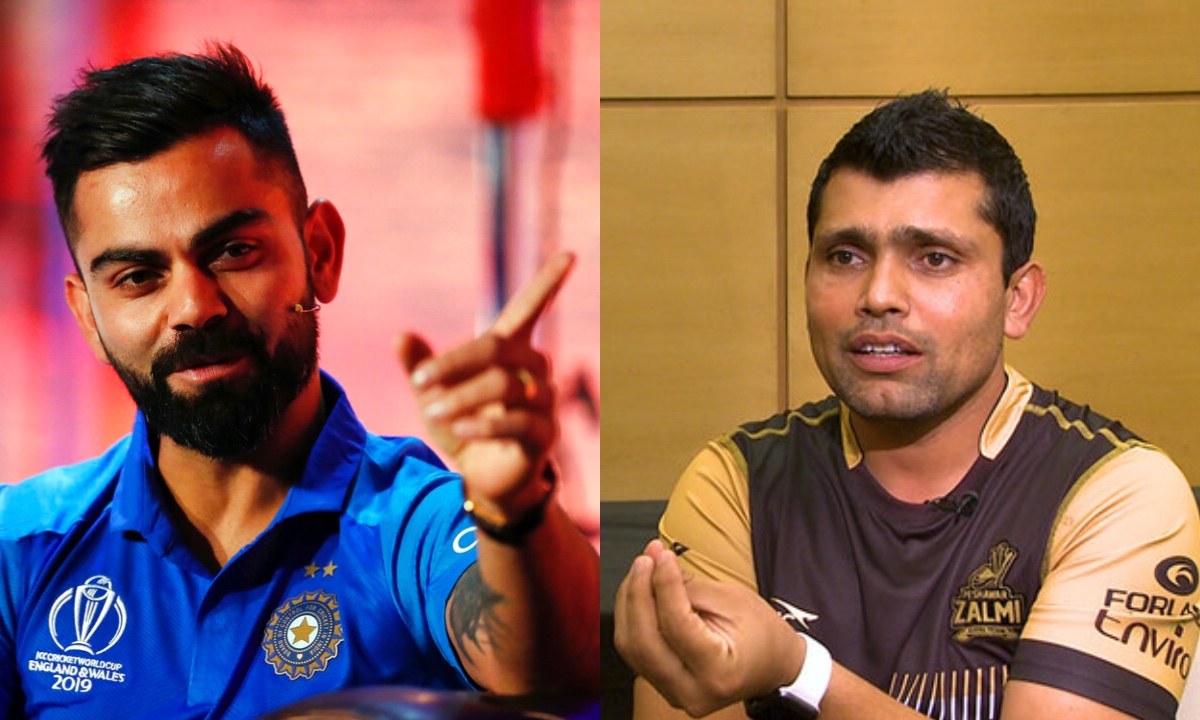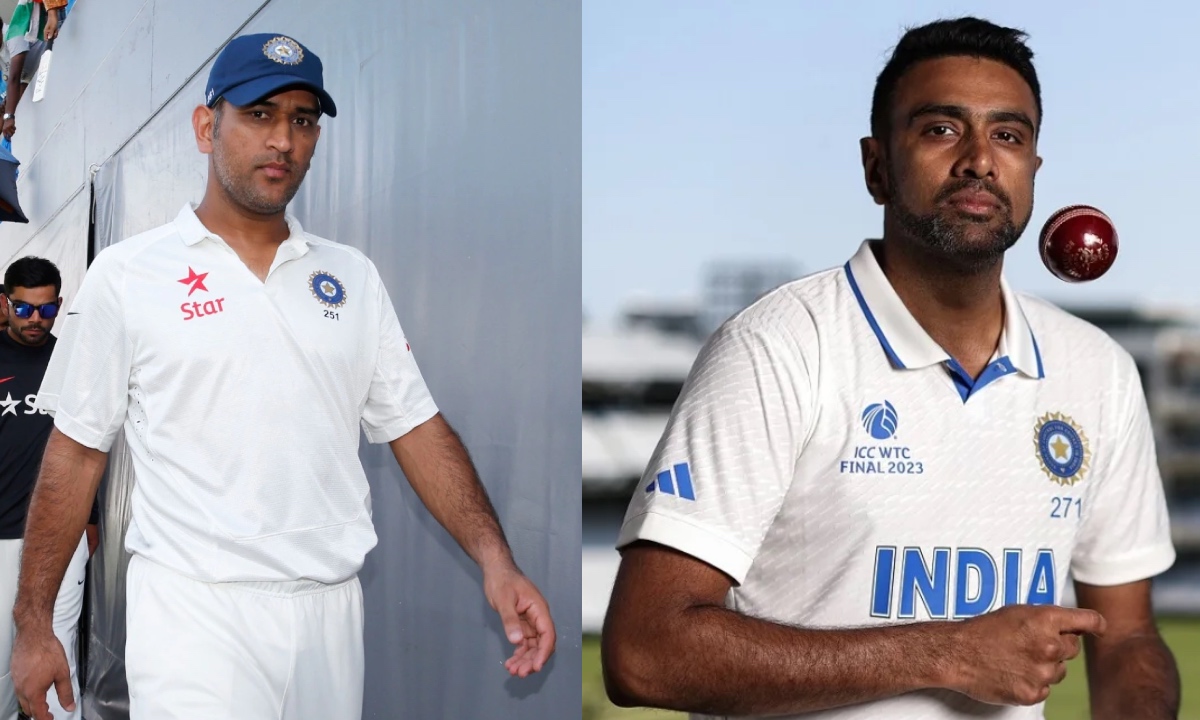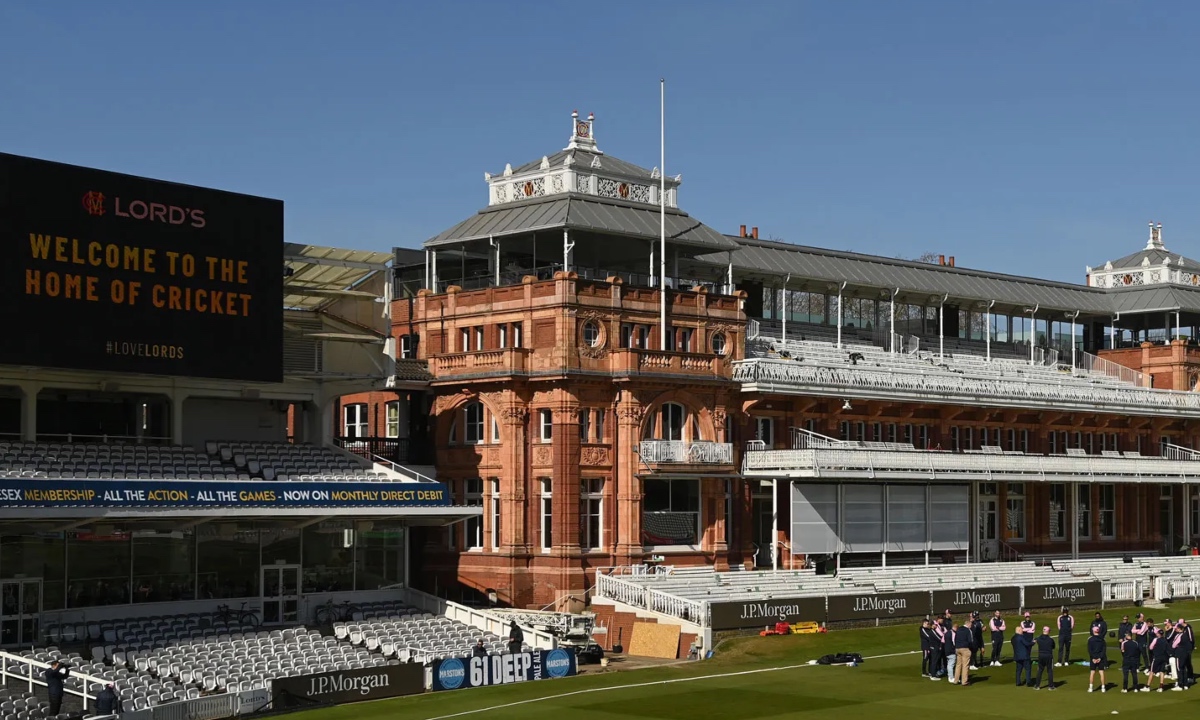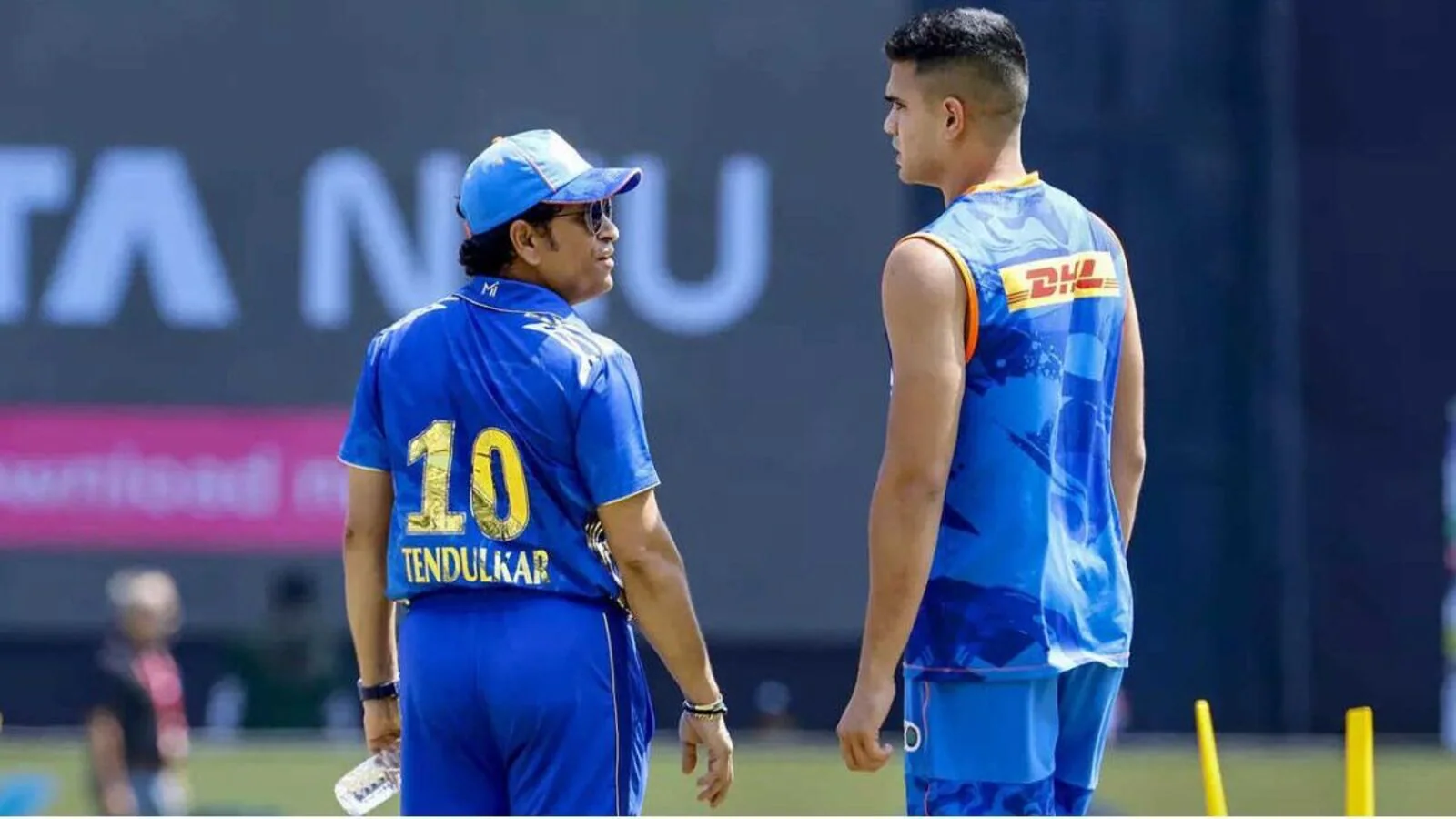"PCB Should Learn From BCCI"

Cricket, where governance and management can significantly influence a team’s performance and a sport’s growth, Kamran Akmal, a seasoned former wicketkeeper-batsman from Pakistan, has not held back in his criticism of the Pakistan Cricket Board (PCB). Akmal’s recent comments, drawing comparisons between PCB and the Board of Control for Cricket in India (BCCI), highlight a stark contrast in operational efficiency, strategic foresight, and financial management.Kamran Akmal’s critique centers on the PCB’s apparent lack of vision and operational efficiency compared to BCCI. The BCCI, often criticized for its financial muscle, has nonetheless leveraged this to enhance cricket’s infrastructure, player welfare, and the sport’s global outreach. The IPL, a brainchild of BCCI, stands as a testament to how cricket can be marketed, managed, and monetized effectively. Kamran Akmal points out that while PCB has attempted to replicate this success with the Pakistan Super League (PSL), the execution and the impact on domestic cricket’s structure and player development have been less than satisfactory.The BCCI’s approach to player contracts, grassroots development, and international relations has arguably positioned Indian cricket for sustained success. Akmal suggests that PCB could learn from BCCI’s model of investing in domestic cricket, ensuring that talent from every corner of the country gets a chance to shine, not just at the domestic level but also on the international stage.“PCB should learn from BCCI, their professionalism, their team, selector, captain & coaches – These are the things that make a team number one & dominate the world. Kamran Akmal YT.Financial Management and Player WelfareAnother area where Akmal finds PCB wanting is in financial management and player welfare. The BCCI’s financial model, which includes lucrative broadcasting deals, sponsorships, and the IPL, ensures that players are well-compensated, which in turn motivates them to perform better. This financial stability allows for better planning, from infrastructure development to player rehabilitation and coaching staff recruitment. Akmal’s criticism here is not just about money but about how it’s used. He argues that PCB’s financial strategies often seem short-sighted, focusing more on immediate gains rather than long-term investment in cricket’s ecosystem.Infrastructure and International RelationsInfrastructure development is another point of comparison. BCCI’s investment in cricket stadiums, training facilities, and even in the development of cricket in other countries, showcases a broader vision for the sport. Akmal reflects on how PCB could benefit from a similar approach, not just within Pakistan but also in fostering relations with other cricket-playing nations. This aspect of international relations in cricket is crucial, especially in light of Pakistan’s often strained relations with other countries, affecting tours and bilateral series.The Call for ChangeKamran Akmal’s critique is not just about pointing fingers but about advocating for change. He believes that PCB needs to adopt a more proactive, visionary approach akin to BCCI’s. This includes better governance, transparency in operations, and a strategic focus on cricket’s growth rather than just managing crises. His call for PCB to learn from BCCI isn’t about copying but about understanding the principles of growth, sustainability, and global engagement in cricket.Kamran Akmal’s outspokenness might ruffle feathers, but his comparison of PCB with BCCI serves as a wake-up call for Pakistani cricket’s governance. While cricketing talent in Pakistan remains abundant, the management’s ability to harness this talent for the sport’s growth and the nation’s pride is where the gap lies. Learning from BCCI, not in terms of replicating models but in understanding the essence of strategic growth, could be the way forward for PCB, ensuring that Pakistani cricket not only competes but thrives on the global stage.












